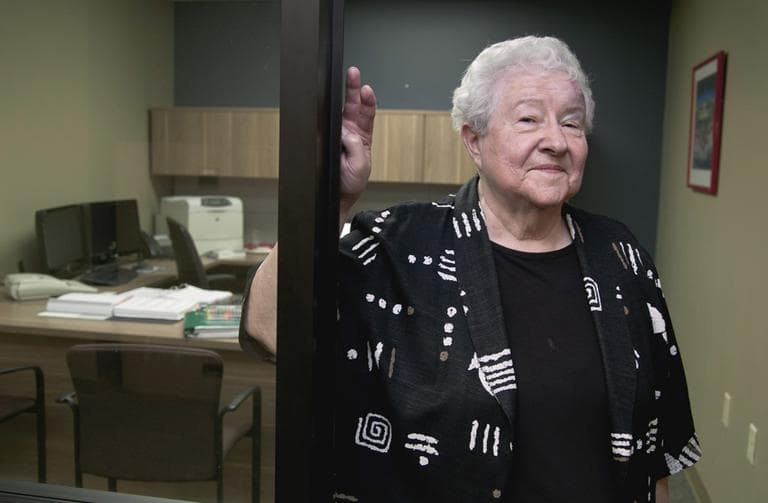Advertisement
Making A Case For Delayed Retirement
Resume
Economist Eugene Steuerle says that in a study he did for the Urban Institute, he and his colleagues found that people who delay retirement by working just one more year would increase their retirement income by nine percent.
Working an additional five years would raise retirement incomes by more than 50 percent, he said.
And, on average, delaying taking your benefits does not amount to a pay cut, Steuerle said, because of the increase in your benefits and income from delaying retirement.
Steuerle argues that working longer is even more important for poorer workers, because early retirement advantages the rich.
But he says, if we encourage later retirement, we also need to make provisions for people who cannot work longer because of their health or the nature of their work.
Steuerle also says that delaying retirement is good for the economy and creates more jobs for younger workers.
And he says because of our population demographic, there is just a plain economic need for older workers in the work force.
- New York Times: The Payoff in Delaying Retirement
- Wall Street Journal: Research ties economic inequality to gap in life expectancy
Should we all be working longer as we live longer? And should we raise the eligibility age for retirement benefits? Join the debate on Facebook.
Guest:
- Eugene Steuerle, economist and Richard B. Fisher chair and Institute Fellow at the Urban Institute. His blog is The Government We Deserve.
This segment aired on March 18, 2013.